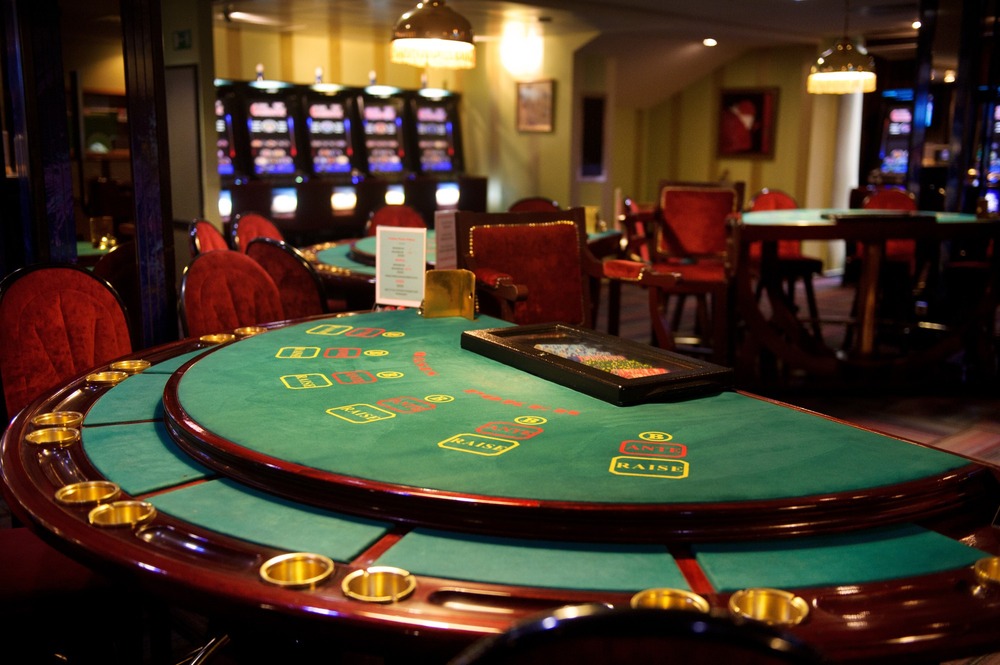The lasting popularity of classic table games can be attributed to various factors beyond mere nostalgia. These games offer a unique blend of historical significance, social interaction, and intellectual challenges that appeal to players of all ages. By engaging in these games, players immerse themselves in a journey through different time periods and cultural contexts, where every strategic decision influences their gameplay experience.
The enduring allure of classic table games lies in their ability to captivate players through a combination of tradition, skill development, and communal engagement, making them a timeless source of entertainment for generations to come.
Historical Significance
Classic table games have a deep historical significance, originating centuries ago. Games like chess, backgammon, and mahjong have evolved over time, reflecting the cultural and societal contexts of their respective periods. These games have served as sources of entertainment, intellectual challenges, and opportunities for social interaction among players.
The enduring appeal of classic table games lies in their ability to transcend generations and provide timeless amusement and mental stimulation. Understanding the historical roots of these games offers insights into the traditions and values that have shaped them into the popular pastimes they’re today.
Embracing the historical significance of classic table games enhances the appreciation of their enduring appeal.
Social Interaction
Table games facilitate social interaction among players by creating a platform for face-to-face engagement. They offer opportunities for genuine connections and shared experiences. Whether participating in strategic discussions in games like Bridge or engaging in casual conversations during games like Poker, players are encouraged to communicate and collaborate.
The physical presence of fellow players at the table promotes dialogue, laughter, and a sense of camaraderie that’s often absent in digital games. Through gestures, eye contact, and verbal exchanges, players can develop relationships, strengthen bonds, and enjoy each other’s company in a way that surpasses virtual interactions.
The social element of traditional table games enhances the overall gaming experience, making them a preferred choice for social gatherings.
Strategic Thinking
Engaging in classic table games such as chess, poker, or backgammon can enhance strategic thinking skills. These games require players to think ahead, anticipate opponents’ moves, and adjust strategies accordingly. By regularly playing these games, individuals can improve their ability to analyze situations, make decisions under pressure, and plan for the long term.
This mental exercise helps strengthen cognitive abilities and problem-solving skills in an enjoyable manner. The strategic thinking involved in classic table games offers a sense of accomplishment when well-planned strategies lead to success.
Timeless Entertainment
Classic table games have maintained their popularity over the years due to their engaging and immersive nature. Games like chess, Monopoly, and poker offer timeless entertainment by combining simple rules with strategic depth. These games have withstood the test of time and continue to attract players of all ages.
The appeal of classic table games lies in the opportunity for players to immerse themselves in strategic thinking and decision-making. They provide a traditional form of entertainment that offers a break from modern distractions.
The enduring popularity of these games reflects their ability to create a bond between players and provide a source of entertainment that transcends generations.
Skill Development
Playing classic table games can contribute to skill development in various ways. Games like chess can enhance strategic thinking and problem-solving skills by requiring players to analyze moves and anticipate outcomes.
Similarly, poker can help improve observation and deception detection abilities as players learn to interpret opponents’ behaviors. (learn more here: https://grandcasinos-onlline.com/2025/01/03/the-appeal-of-high-stakes-poker-games-what-you-need-to-know/)
Additionally, games like Scrabble and Trivial Pursuit can boost vocabulary, general knowledge, and memory retention.
The competitive aspect of these games encourages quick thinking and creativity under pressure, fostering adaptability and resilience.
Conclusion
Classic table games like chess and Monopoly have maintained their popularity due to various factors such as their historical significance, opportunities for social interaction, promotion of strategic thinking, enduring entertainment value, and potential for skill development. These games have endured over time as they offer a platform for connecting with others in a meaningful way and engaging in mental challenges. By participating in these classic games, individuals can enjoy the enduring charm and benefits they provide.
